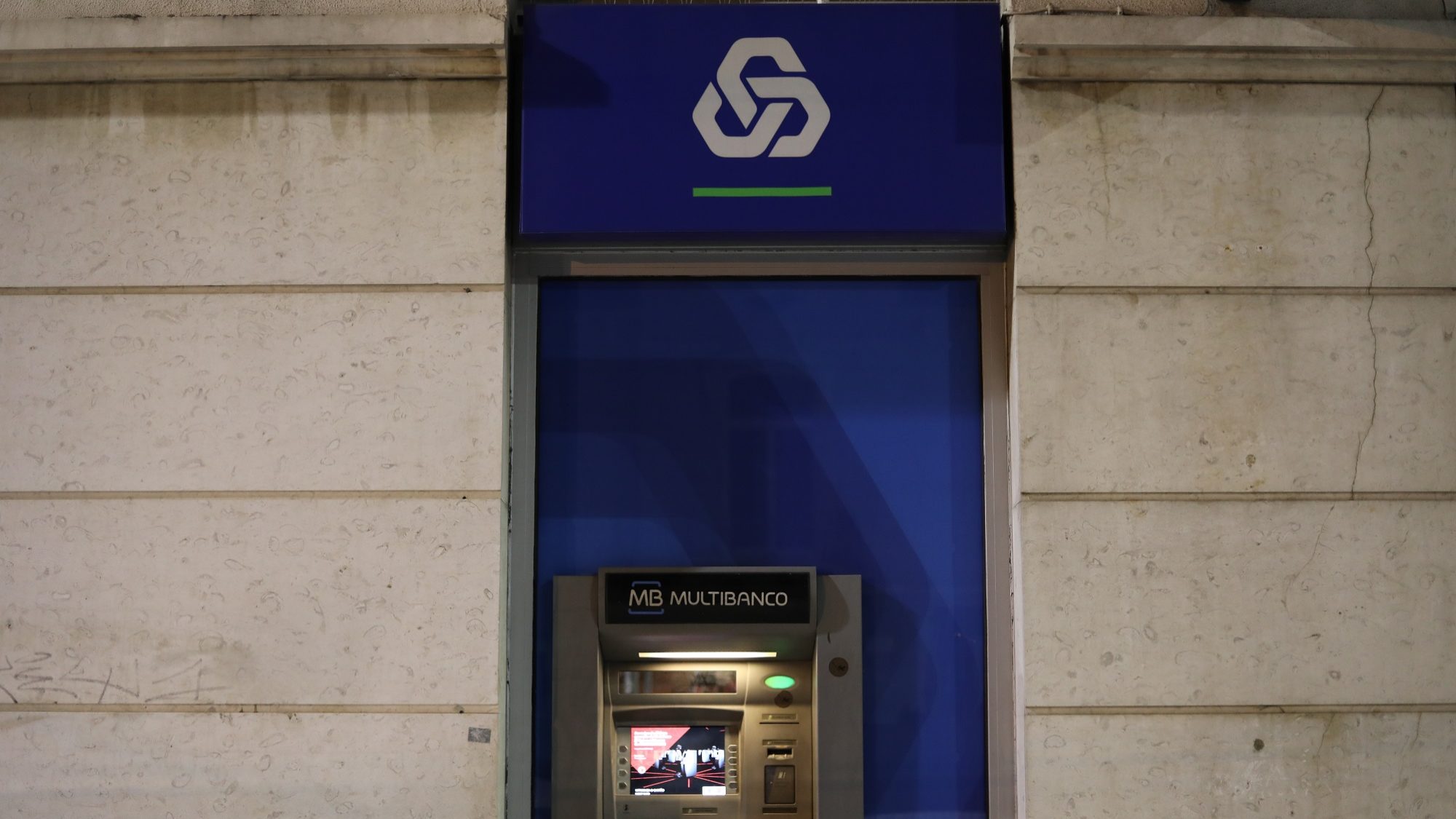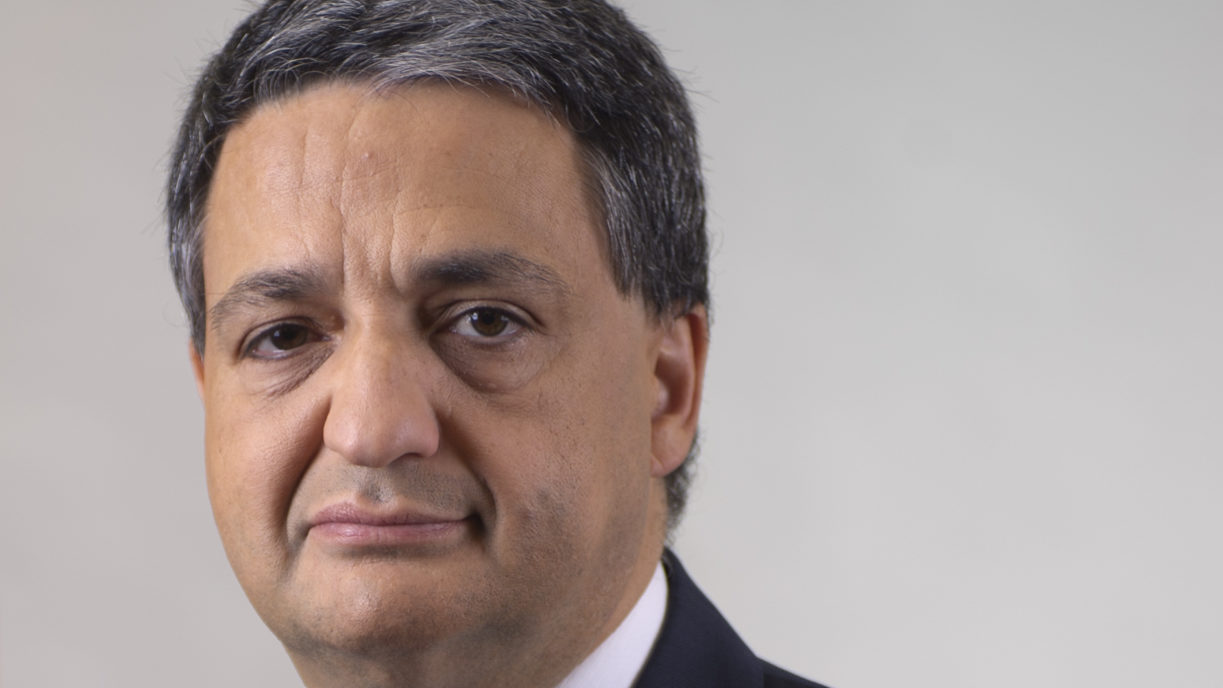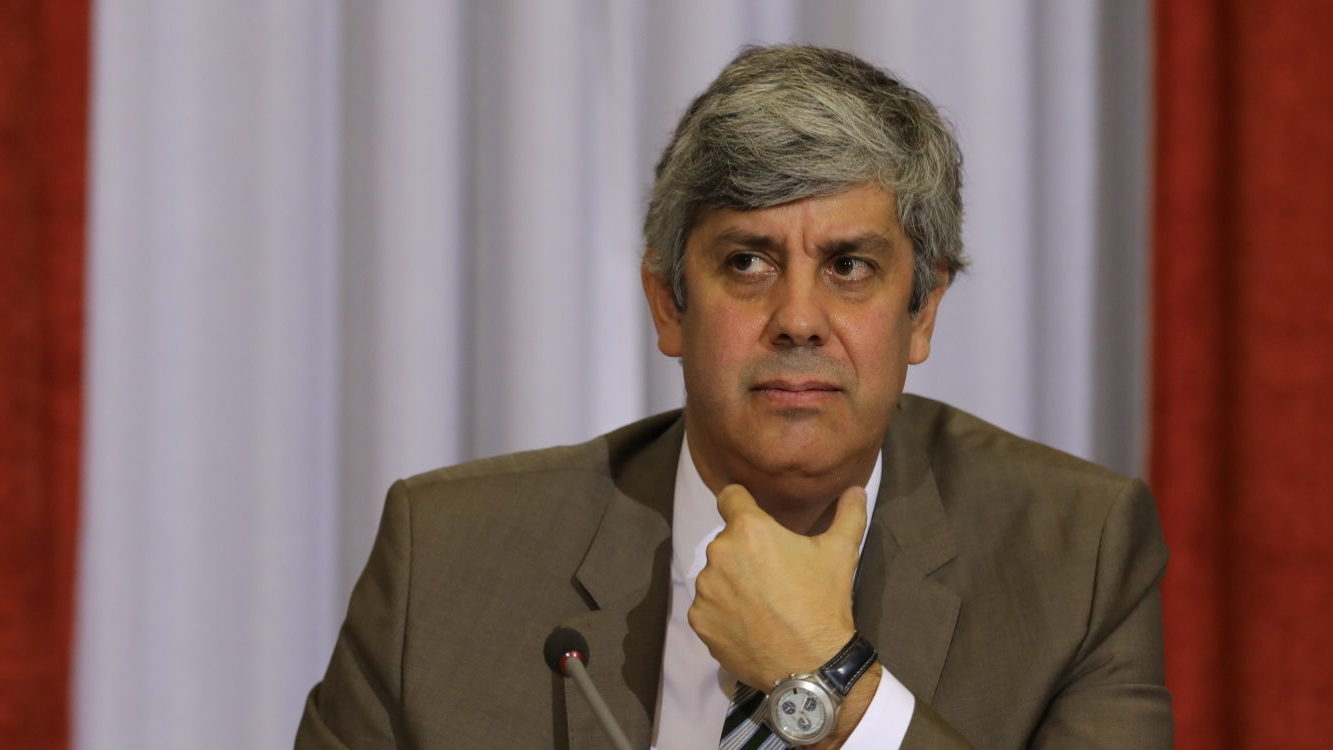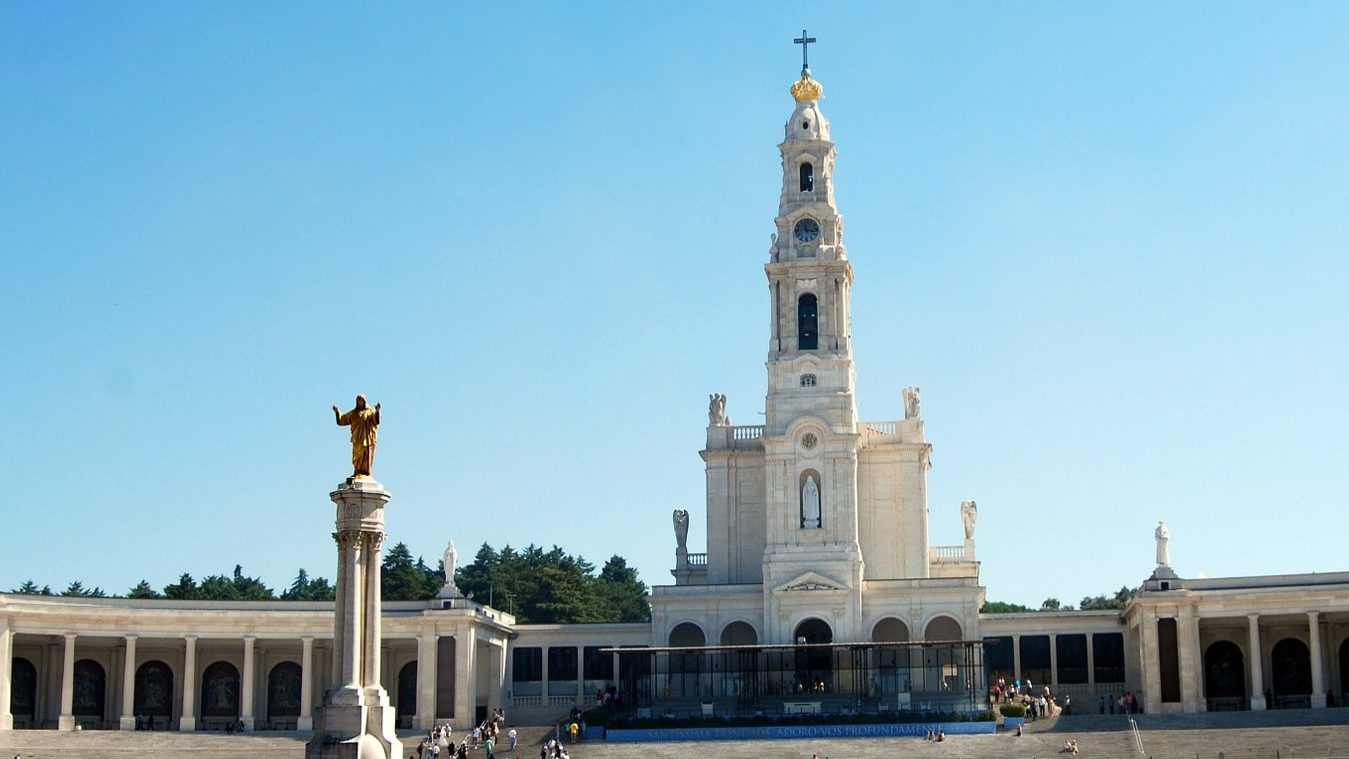CGD does not want to disclose the list of their largest debtors
Caixa Geral de Depósitos (CGD) is refusing to hand in the list of the largest credits they have granted, after the Lisbon Court of Appeal having stated they do not need to keep credits a secret.
Caixa Geral de Depósitos is refusing to hand in the list of the largest credits granted by the state owned bank. This position is disclosed through a letter sent to CGD’s management inquiry commission, dated January 23. That decision was made even after the Lisbon Court of Appeal decided to remove bank secrecy.
“CGD cannot provide the information requested”, is stated in the letter sent to the deputy José Matos Correia, chairperson of the CGD inquiry committee, by Rui Vilar, current CGD’s vice-chairman, and João Tudela Martins, member of the administration, to which ECO had access.
"The requested documents, aside from not being fully approved yet, hold information concerning clients and also information which – although referent to the bank’s life, of sensitive nature – is better kept a secret to defend the bank’s best interests, within the competitive framework of its activity.”
“The requested documents, aside from not being fully approved yet, hold information concerning clients and also information which – although referent to the bank’s life, of sensitive nature – is better kept a secret to defend the bank’s best interests, within the competitive framework of its activity”, both managers argue.
The documents include a detailed list of the 50 largest CGD debtors, which identifies, among other things, the amounts at stake, the default, the restructured loans, impairments, dates or granted guarantees. This list is what justifies the three billion euros impairments registered.
This refusal takes place right after the Lisbon Court of Appeal decided to withdrawal of the professional and bank secrecy, by authorizing the institution to reveal that information to the Parliament. CGD’s correspondence, however, remains safeguarded.
The deputy José Matos Correia says he does not even take into consideration that there would be an “entity who would not comply with a decision made by the Court of Appeal”. The answers may reveal that CGD did not know of the decision.




